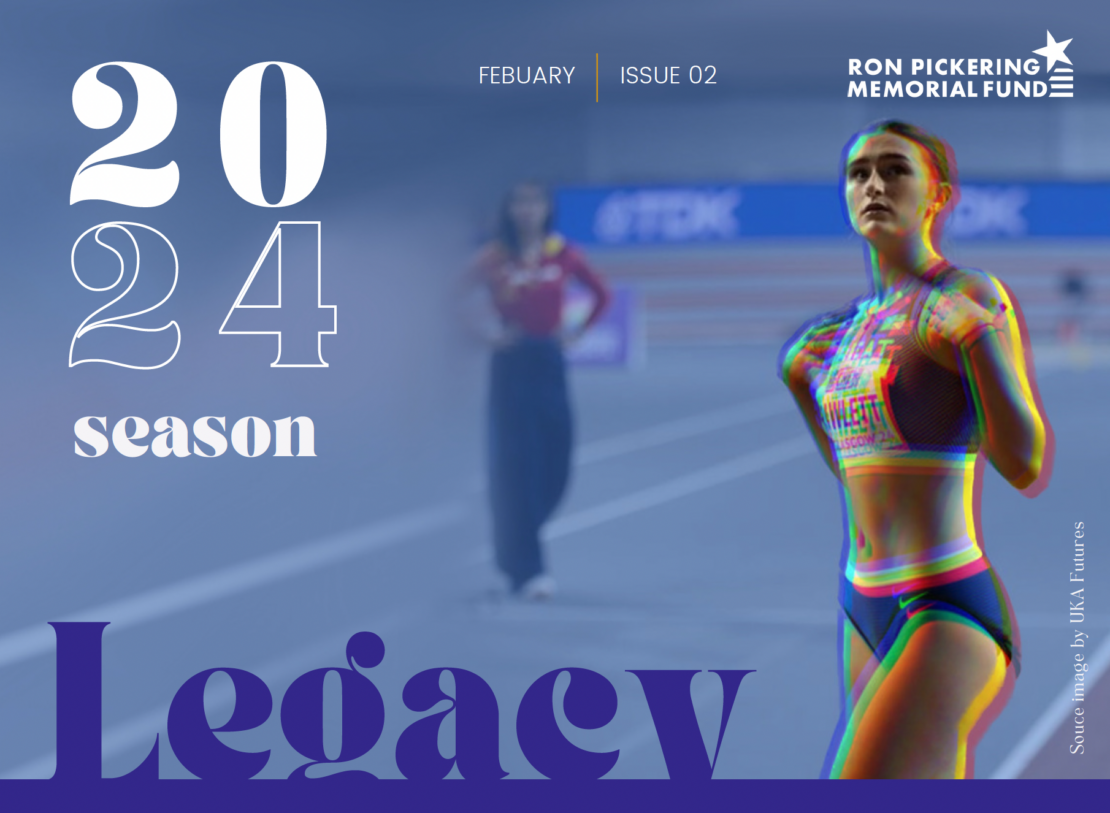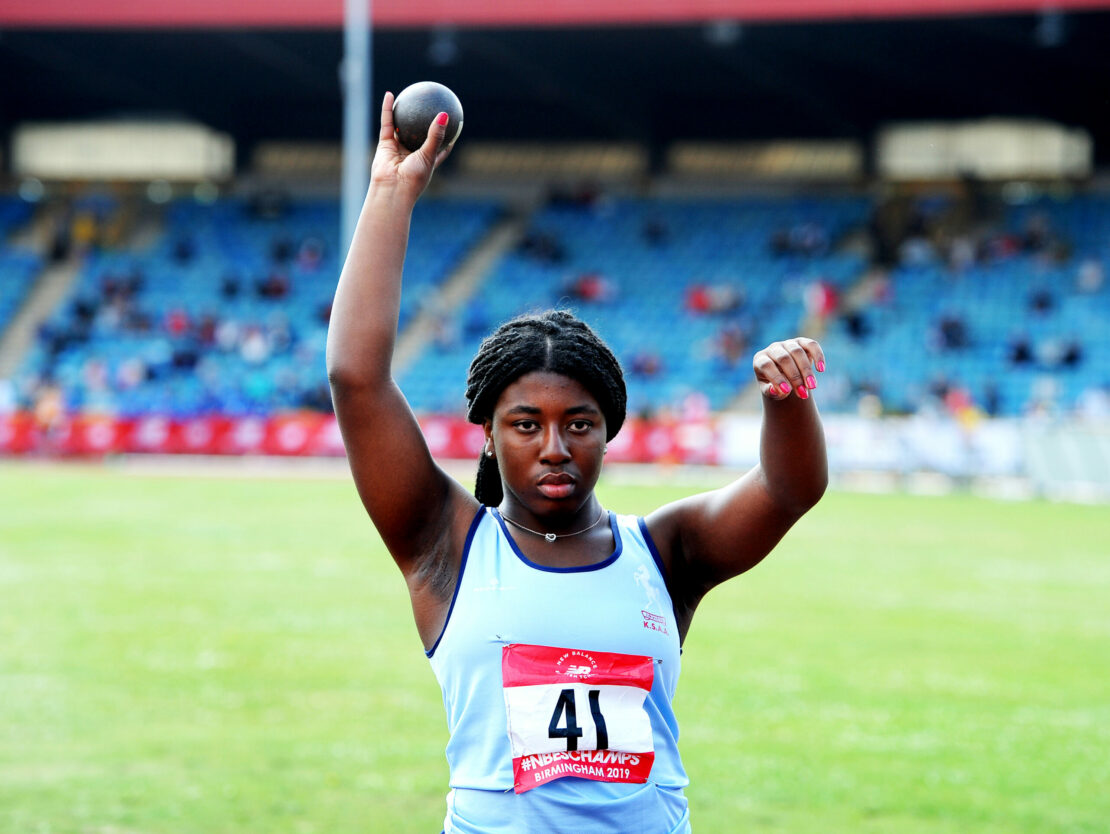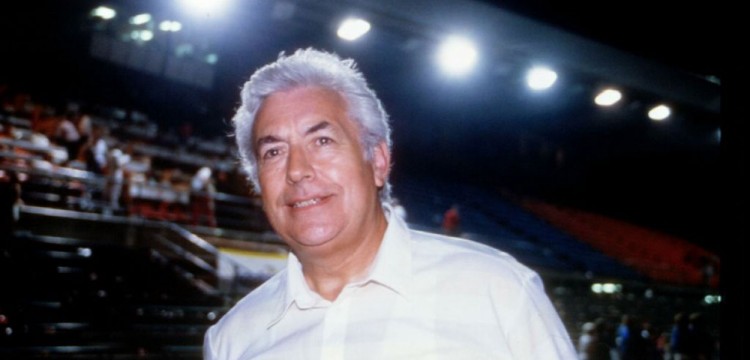
Posted by Jason Henderson
Ron Pickering died 30 years ago and Jason Henderson pays tribute to one of the giants of athletics and the great legacy he left behind
Around two thirds of British athletes in teams for recent major championships have been helped by the Ron Pickering Memorial Fund at some stage. The charity, among other things, helped Mo Farah buy his first pair of running spikes when at the time football boots were probably more tempting.
Its impact on domestic track and field has been huge as it has given more than £2 million to talented young athletes for 30 years. Yet how much do you know about the inspiration and name behind the fund?
The eponymous Ron Pickering was a teacher, athletics coach and one of the best-remembered sports commentators on television. At the height of his powers, though, aged only 60 on February 13 in 1991, he suddenly died after heart problems.
The sport mourned and the BBC ran special tribute programmes, but his spirit has survived in the shape of the memorial fund set up by his family, with many of the most successful athletes in Britain having benefited from its generosity over the years.
Pickering was born in Hackney on May 4 in 1930 and was a talented young sportsman himself. He had football trials with West Ham United but later conceded that he was “too big, too clumsy and to try another game”.
He went on to be head boy at Stratford Grammar School where he met his future wife, Jean Desforges. “She was the real athlete, not me,” he once said.
“She was very special and trained (during the war) over three hurdles made in the school woodwork room and which were placed in the school corridor. I was one of the boys who stood at the end of the corridor to help stop her falling down the stairs. Out of that grew a romance. And I learned athletics by carrying her bag around the world.”
Indeed, Desforges won long jump gold at the 1954 European Championships, 4x100m gold at the 1950 European Championships and Olympic 4x100m bronze in 1952. They married in 1954 and had a daughter, Kim, and son, Shaun, the latter of whom competed at the 1996 Olympics and won a Commonwealth shot put bronze in 1998.
At school Pickering found himself often acting as an unofficial ‘minder’ who would break up the frequent fights that erupted among boys in those days. Later, after gaining a diploma in PE from Carnegie College in Leeds and a degree in education at Leicester University, he returned to the same school as a teacher.
His wedding made international news headlines, largely because of his wife’s fame as an athlete. “I was the unknown school teacher marrying the great Jean Desforges,” he said.
After spells teaching at Stratford and Wanstead County High School, Pickering landed a dream job as National Coach in Wales. He held the post for five years in the early 1960s, where he spent the majority of his time travelling around as a coach to fellow coaches or teachers. However, frustrated with what he felt was a parochial attitude at the time in Wales, he left and moved back to London.
One Welsh athlete who did not have this attitude, though, was Lynn Davies. The long jumper reached global fame by capturing the Olympic title in Tokyo in 1964 and did so under the guidance of Pickering.
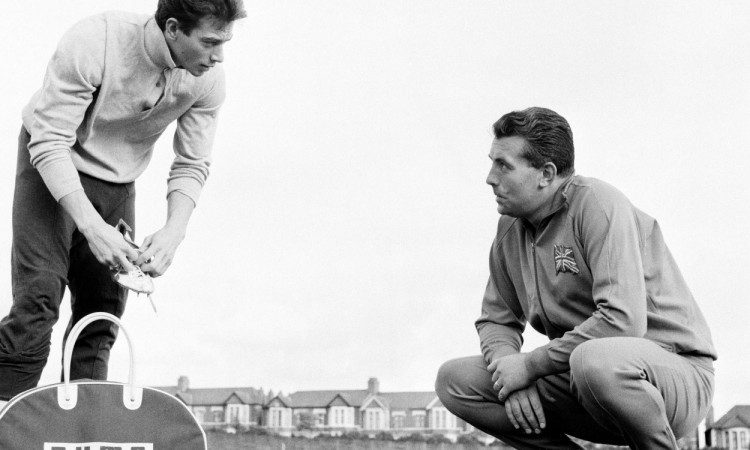
Lynn Davies with Ron Pickering. Photo by Getty Images via Ron Pickering Memorial Fund
Moving back to London, Pickering got a job as recreation manager to the Lee Valley Regional Park. Again, he began to make a huge impact as he turned the area – and Haringey AC – into an epicentre of world-class athletics. Ever the visionary, he even suggested it would make a great venue for the Olympic Games.
Athletes such as Seb Coe were drawn to Haringey, with decathlete Daley Thompson training there too despite not being an actual Haringey member. Thompson once said of Pickering: “As a father figure he was always there with advice when I needed it and always there with advice when I didn’t need it, too!”
Coe first met Pickering in 1977 and has described him as being instrumental when it came to joining Haringey when he moved from Sheffield to London in the 1980s. “Ron had a strict code of values and of course everyone had to pay club membership,” says Coe, adding that Pickering used to carry Coe’s club membership cheque in his pocket to show people that even Olympic champions had to pay to join.
One of the athletes Pickering helped in north London at this time was a young Tony Jarrett. The sprint hurdler went on to be a double Commonwealth champion in the 1990s and twice silver medallist at the world championships, but his success was partly down to Pickering keeping him focused on athletics during a teenage period where things could easily have gone astray.
Looking back, Jarrett is now seen by the Pickering family as “the model” for the memorial fund that operates today.
During these years in Wales and then north London, the Pickerings operated what they called “an open house” for athletes. It was a remarkable scenario where up-and-coming athletes, including some of the most talented in history, regularly spent the occasional night, weekend or even days or weeks on end sleeping and eating under the same roof.
When Shaun Pickering went away to study at college, for example, Daley Thompson moved into his room for a spell and a special visitors’ book which the Pickerings kept contains a who’s who of famous signatures.
On one occasion, Pickering was commentating for the BBC on the annual Zurich meeting. An American 800m runner called Ray Brown was pacemaking but there were no biographical notes for the media about him.
Improvising, Pickering merely said that Brown was not on the commentator lists “but I can tell you a bit about him because he’s been sleeping on my floor for the past few weeks!”
The set-up worked so well largely because Jean had been a world-class athlete and understood the peculiar personality traits of top athletes and the support they often required.
She took up the baton after her husband died, too, putting countless hours into building the memorial fund until she, too, passed away in 2013 aged 83.
“If my dad saw a talented person coming through, he’d find a way of helping them,” says Shaun, who with sister Kim now runs the fund with a group of former athletes that include Davies, Stuart Storey, Goldie Sayers and Jo Summers (née Jennings).
In parallel with this, Pickering built a reputation as one of the top BBC sports commentators. He commentated initially at the 1968 Olympics and continued for more than 20 years. As well as athletics, he worked in sports such as gymnastics and skiing and was host of the popular BBC programme We Are The Champions and co-presenter of Superstars.
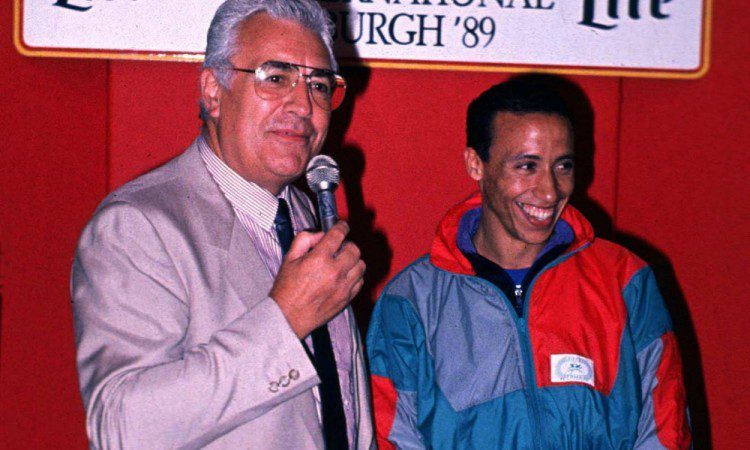
Ron Pickering with Said Aouita. Photo by Mark Shearman
After having helped create the Haringey environment, he became president of Haringey AC for 17 years and in 1986 was awarded an OBE for services to sport. “He took a disused rubbish tip in White Hart Lane and built it up into a club,” says Shaun. “And it became a special place because of the atmosphere. We had 27 different nationalities who would turn up on a typical training night.
“On the night Broadwater Farm was erupting in race riots (in 1985), just one mile away we had 300 kids on the track training for athletics. One thing my dad was proud of saying was that he had a public pay phone with a white wall behind it and no graffiti. It said that this was what the club was like in that people respected the facilities.”
The facilities at Haringey included an indoor athletics hall as well. Shaun recalls of his father: “He used to say, ‘Newton’s fourth law – where there are no pole vault pits there will be no pole vaulters’. So to have an indoor hall next to the track was important and it created a great environment.
“This is what we’ve tried to keep going with the fund. Not only the ‘supportive’ nature but also the ‘opportunity’ and bringing people together. It’s important for us to try to keep these things going.”
Today most of the grants from the fund are what Shaun describes as a simple “tap on the back” for an athlete and recognition that someone, somewhere believes in them. But he adds: “The memorial fund is partly about keeping the things he (Ron) believed in alive. Fair play, anti-drugs and giving talented kids a chance.”
So how to sum Pickering up? As Davies once said: “Ron was the conscience of the sport and the guardian of the sport.”
In 2001, on the 10th anniversary of his death, one of his friends and colleagues, Tony Ward, wrote these words in AW: “Ron was more than just a commentator. He was a visionary, teacher, coach, inspirer, crusader, believer – believer in the intrinsic values of sport, believer in the worth of sport to young people, believer in the principles of life and sport that his mentor, Geoffrey Dyson, had part instilled in him. Above all he was a master communicator.”
Indeed, London Marathon co-founder Chris Brasher described Pickering as “the great communicator” and he was also one the last people to see him alive.
Pickering had undergone a 17-hour open heart surgery four months before his death. On the day before he died he had lunch with Brasher and John Disley, where he was talking as enthusiastically as ever about the sport and making light of his health issues.
Brasher, who died in 2003, wrote at the time: “Next morning, I heard on the radio that Ron was dead. I felt as if I had been robbed. I knew that sport had been robbed of a champion — the greatest defender we have ever seen in this country of the purity of a simple sport which traces its lineage to the days when man lived as a hunter and survives through his ability to run, jump and throw.”
As for the fund created in his memory, who knows, perhaps Farah might not have gone on to win all his global track titles if he had not had a small helping hand in the shape of a grant all those years ago.
“The Ron Pickering Memorial Fund were extremely helpful to Mo at a time when he needed support most,” his former PE teacher, Alan Watkinson, told AW last month. “It is really important that funds like this exist to help athletes who would not ordinarily have the means to pursue the sport to the best of their abilities.”


